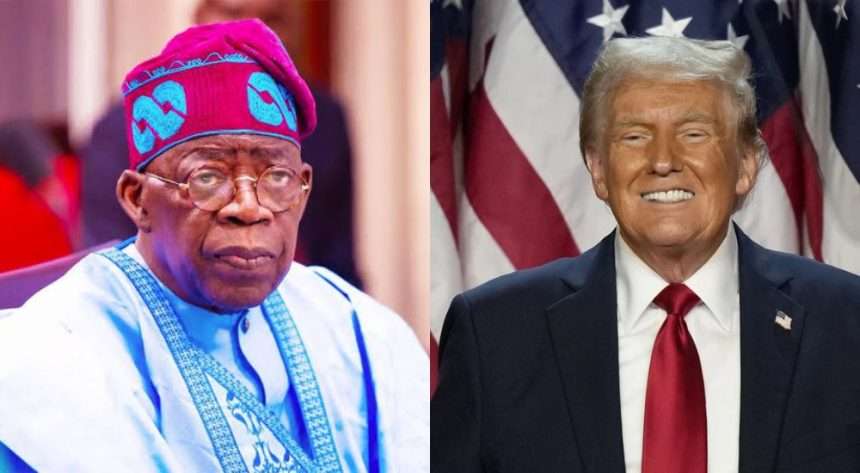Nigeria’s health sector could soon face significant challenges due to a recent decision taken thousands of kilometres away from the shores of the country.
This is the warning by some heath experts. Last week, President Donal Trump ordered a three month freeze in most foreign aid from the United States. The temporary halt is meant to allow the new government in Washington review which of the thousands of humanitarian and development and security programs will keep getting money from the US.
The United States has significantly impacted Nigeria’s healthcare sector, with over 2.2 million children aged 3 to 59 months receiving malaria prevention medication and 13 million girls aged 9 to 14 vaccinated against the Human Papillomavirus (HPV).
These efforts aim to prevent deadly diseases and strengthen public health in the country.
These achievements were part of the U.S. government’s extensive foreign aid programmes, which in 2024 alone allocated $370 million for health, $310 million for humanitarian assistance, and millions more for education, agriculture, and security.
However, these initiatives face uncertainty following President Donald Trump’s 90-day freeze on foreign aid.
The executive order halts new funding for most foreign assistance programmes, excluding emergency food aid and military support for key allies, sparking global concerns about its impact.
For Nigeria, the freeze could disrupt critical health programmes, including HIV/AIDS and malaria initiatives that millions depend on.
The U.S. has been instrumental in delivering life-saving HIV treatment to over 1 million women and children in Nigeria and screening nearly 20 million Nigerians for tuberculosis.
Experts warn that the aid freeze could stall progress in combating epidemics like HIV, as Nigeria struggles to fully assume responsibility for health initiatives previously supported by U.S. funding.
Despite the challenges, there is optimism that Nigeria’s growing pharmaceutical sector could fill the gap.
As the 90-day freeze unfolds, questions remain about its long-term implications for Nigeria’s development and the U.S.’s global influence.
Experts caution that withdrawing aid risks undermining the relationships and goodwill fostered by years of support, which could reshape international relations dynamics.
Editor: Anoyoyo Ogiagboviogie








